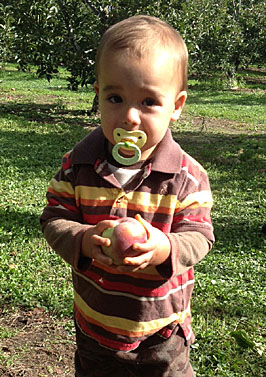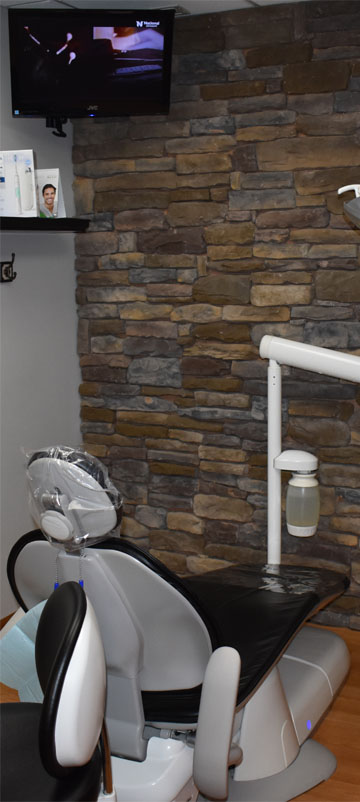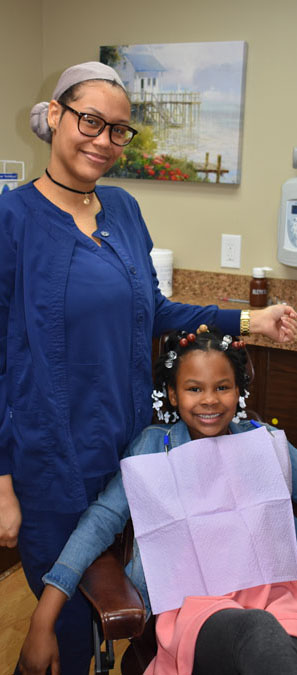 Sometimes parents prefer a child to suck on a thumb or finger rather than a pacifier because they fear that the pacifier will cause greater problems with the child’s oral development. However, as parents who have dealt with weaning can tell you, pacifier use can be decreased over time, while the child always has access to a thumb or finger. This can make it much more difficult to help the child break this habit. In addition, the reality is that “pacifier and digit habits can create similar changes in the dentition and jaw relationship.”
Sometimes parents prefer a child to suck on a thumb or finger rather than a pacifier because they fear that the pacifier will cause greater problems with the child’s oral development. However, as parents who have dealt with weaning can tell you, pacifier use can be decreased over time, while the child always has access to a thumb or finger. This can make it much more difficult to help the child break this habit. In addition, the reality is that “pacifier and digit habits can create similar changes in the dentition and jaw relationship.”
When does this become a concern? The American Academy of Pediatrics recommends consulting “with your child’s dentist or doctor about sucking habits” between the ages of twelve and twenty-four months.
What issues does a pacifier present?
- In some cases, using a pacifier can cause the tongue to push forward between the teeth. This sets the stage for the development of a lisp when producing the s and z sounds.
- “Pacifier use may increase the risk of middle ear infections in babies and young children. In one study, the incidence of ear infections was 33 percent lower in babies who didn’t use pacifiers.”
- Pacifiers may create sleep dependency. If other words, you may have to get up and find it for them every time they wake during the night.
- There is a question of shifting teeth with the use of a pacifier. This is generally of more concern as the child becomes older (and even has permanent teeth).
Anytime you give your child a pacifier, it is important to follow safety recommendations, such as the following from the American Dental Hygienists Association:
- Select a pacifier with a wide shield to prevent the child from fitting the entire pacifier in the mouth
- Have ventilation holes in the pacifier guard
- Do not put anything sweet on the pacifier
- Periodically examine the pacifier for wear and tear
- Do not tie the pacifier around the child’s neck
At Moore Family Dental, we’re always available to discuss the use of pacifiers or any other aspect of your child’s dental health with you. We are deeply committed to helping you maintain the oral health of every member of your family.



